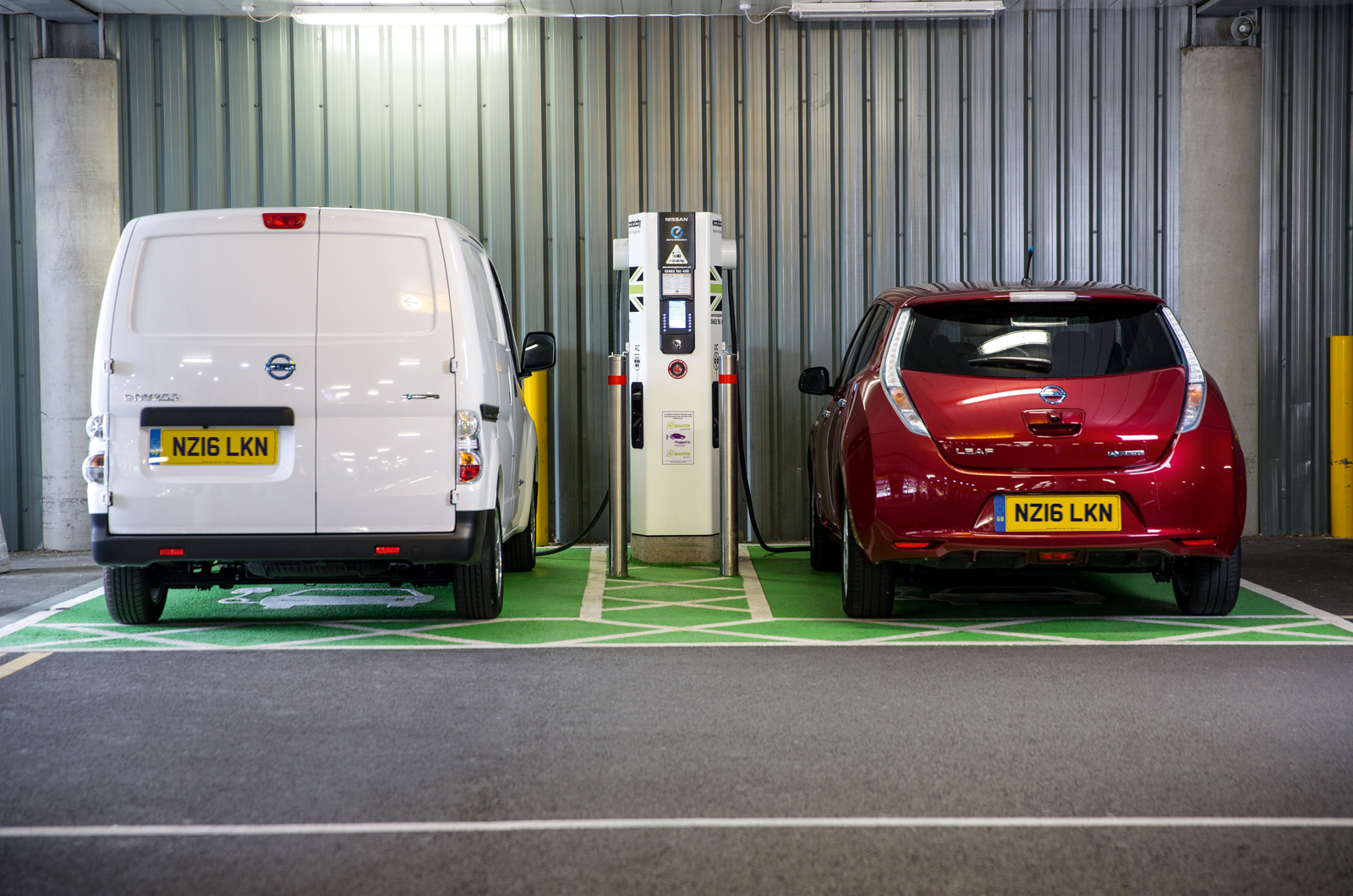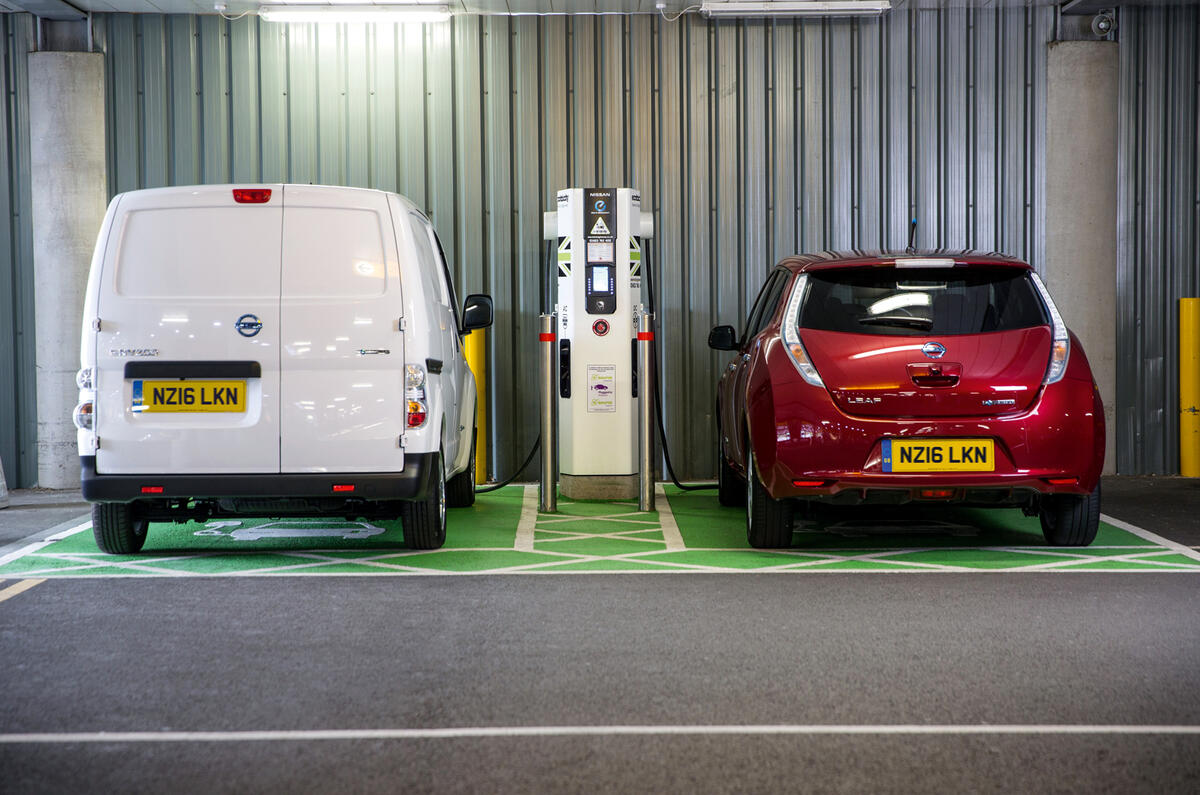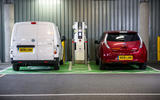If the evangelists are to be believed, the automotive world is on the cusp of an electric vehicle (EV) revolution.
Indeed, the government has recently announced plans to ban the sale of new petrol and diesel cars and vans in the UK from 2040.
In a recent report, UBS predicted that, by 2023, a car such as the battery-powered Chevrolet Volt would cost the same to make as a conventional fossil-fuel-powered Volkswagen Golf.
However, the UBS report also suggested the first of the new-generation EVs due towards the end of this decade from big European companies are likely to be loss-making.
With onerous EU CO2 fleet targets to be met by 2020 and 2021, though, these new battery-powered models will be vital as sales of economical diesel cars begin to collapse. The big car makers might be happy to take a loss when the alternative is an EU fine.
The upshot of the UBS report is that it thinks EV sales will climb to 30% of the new car market in Europe by 2025 and 14% globally. UBS reckons that once longer-distance EVs can compete on price with a Golf and are clearly cheaper to run over five years, the EV revolution will truly begin in Europe and annual sales of EVs will be five to six million. With proposed CO2 fleet targets as low as 65g/km by 2025, mass adoption of EVs seems to have been baked into EU legislation.

Which is all very well, but how will we be charging our EVs? Aside from the challenge of having enough charging spaces for hundreds of thousands of new EVs every year, there’s the pressing issue of the strains on the electricity transmission network. On top of that, there’s the question of how the electricity is being generated.
As I write this on a blustery afternoon in the UK, the national grid live monitor shows an impressive low-carbon performance. With demand at 34.5GW, the remaining UK coal stations are off, gas is producing 28.6% of the electricity, nuclear 23.7%, wind nearly 22% and solar 11%. That’s nearly one-third renewable and over half of the generation is ‘low carbon’.







Join the debate
Add your comment
tell me
something new? of course ev vehicles are more or less the only way forward. and yes they will become very effecient in the year of 2050! so effecient that 34.5 mw will be more or less into a 1/4.
cheers!
HHX621 wrote:
Overnight charging and Economy 7
I already have an electric car. It has a built-in timer and charges overnight (starting at 23:30) automatically without me doing anything other than plugging it in when I park it.When I bought the car, I moved the house back on to Economy 7 so the car charges for half the price it would in the day. A large proportion of other EV owners I know do exactly the same thing.
Tidal too expensive
Tidal generation is too expensive compared to Nuclear. The proponents of the failed developement of a tidal barrier generation scheme wanted £168 per megawatt. Hinckley new power station is going to receive £92 per megawatt. Nothing but trouble trying to post on this website sometimes with dancing adverts causing reloads.
@ campervan
These figures are just BS distributed by those with pecuniary interest in Nuclear energy.
We dont need barriers, we just need turbines mounted in the water (same as wind power), but with the Turbine bit underwater harnessing reliable 24/7 energy without bespoiling the view with huge windmills.
Any fool can see that it is far more expensive, let alone quicker to build in this way rather than constructing buildings to withold the deadliest form of poisoning known to man....and thats with out the other whole life costs of Nuclear generation.
It's not
La Rance tidal power station in Brittany was opened in 1966 and had paid for itself within 20 years - plenty of scope on the corresponding English side of the channel. As with most projects in UK, the lobbyists and NIMBYists defeat any progress